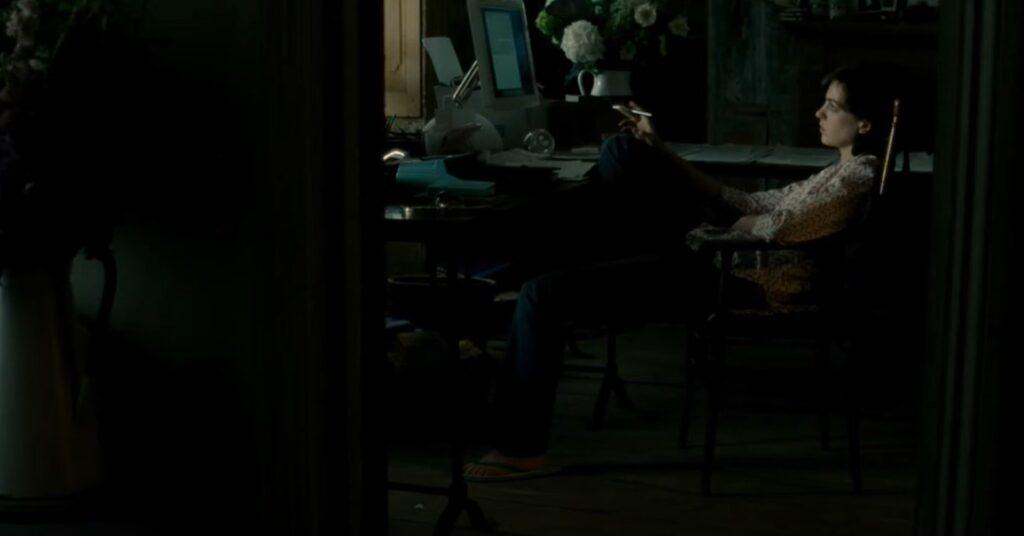“I got what I wanted – a boy swimming toward me. Except I was no shore, Ma. I was driftwood trying to remember what I had broken from to get here.”
In his book On Earth We’re Briefly Gorgeous, a letter to his mother who could not read, Ocean Vuong writes this about his young, rogue lover Trevor. In this book, he explores another theme—his relationship with his abusive mother. And somehow, I find both these parts of his life interrelated. To be more precise, the former is a consequence of the latter.
When we say…
…love is subjective…
…do we ever pause to think what that means? If you ask most people if they are truly, truly happy on a personal level, they will remember their missing pieces and fall silent. Most people are waiting for that one splendid friendship or relationship that fulfils their deepest desires, gives them their missing pieces.
It is these missing pieces that are subjective, and they determine what attracts us. For children born and raised in healthy families, self-worth comes as default. Because they were heard, cared for and taught to value what they feel, it becomes their perception of love. Anything/anyone who does not give them that becomes unattractive.
But what must Little Dog (Ocean Vuong’s protagonist) think of himself—the boy who was raised all American by a mother who could never shed her Vietnamese identity, the boy who never witnessed war but grew up amidst its horrors lurking in the eyes of his mother, grandma and aunt?
What must he think of love, when his mother said she loved him after hitting him left, right and centre? For being messy and troubling her with his toys laid out on the kitchen floor when she returned from work. Sometimes even when the floor was clean. And he must always speak English like a native, lest he should fail to become the American voice of a Vietnamese family. What must Little Dog think of love, when every day he had been shown how much his mother needed him, and how he had kept failing to be there for her?
So when Little Dog is met with Trevor’s alcoholic father, his struggles with domestic violence, he is drawn into his life story. So much so that it becomes an opportunity for him to prove that he could love properly. Trevor becomes a fresh slate to start with. When Trevor hits him, he does not protest because:
- It was so much similar to the kind of love his mother had shown him.
- It became an opportunity for him to prove that he could love people even at their most difficult selves.
Now, of course it is more complicated than that. Ocean Vuong’s life story is extreme, and god-forbid any of us ever faces that. However, there is something very important there for us to take.
Self-worth Vs Self-Esteem
While both of them are a person’s views about themselves, they differ in the way they are derived.
Self-worth is a person’s intrinsic view of themselves—how much they find themselves worthy if all their external achievements are taken away. It is a conditioned belief, forged by all of their experiences by far, and is tough to change. Self-esteem, however, is the worth they derive from external accomplishments, and can be tangibly achieved.
The thing is, and hear me carefully, when we are low on self-worth, we try to compensate for it with self-esteem.
As humans, friendships and love are our most fundamental needs. To find oneself unworthy of that is a state of terrible despair. So when we find ourselves difficult, or boring, or unattractive or so, we tend to go like:
Maybe I’m not so lovable, but love can sure be earned.
And like that, all the broken, difficult people become lucrative to us. For they are opportunities—we may fix them with our friendship and love, and in doing so, become worthy. We accept them with all their red flags, don’t we?
After all, it is not so easy to love them. We, and only we, can do that.
And we do achieve what we so dearly seek—we become special to them, for they have never felt so cherished before. The fancy of a new friendship is strong, after all. But when it fades, they return to their old patterns and all the unpleasant behaviours rise to the surface.
But, so what? We have promised to love them at their most difficult selves. So every ill-treatment that should have been a deal-breaker is an opportunity now—to prove what we promised and reinforce our self-worth through that.
To what length can we continue, though?
At some point, we will break because we have emptied ourselves. What then? We still love them, but we are no longer the understanding, giving selves that we promised them to be. What now?
In Ocean Vuong’s words,
They say nothing lasts forever but they’re just scared it will last longer than they can love it.
And the sad thing is, the other person is not always corrupt or wrong. We are so used to feeling unworthy and being in deficit that we do not know how to accept love when it comes knocking. The neediness follows us like a shadow, and induces cold, distant behaviour wherever we go.
So what do we do?
I don’t know, again. Who knows, really?
But maybe questioning what we find attractive is a good point to start. Maybe we should pause to think what love means to us—whether it makes us happy, and cherishes us for who we are, or merely validates some of our insecurities, for scary prices.
Maybe we should pause to think whether the things we find attractive are good for us. And if not, do we have the strength to walk away?
Image Credits: A Still from the Movie One Day
Instagram: Read my post
Read More: Prose
